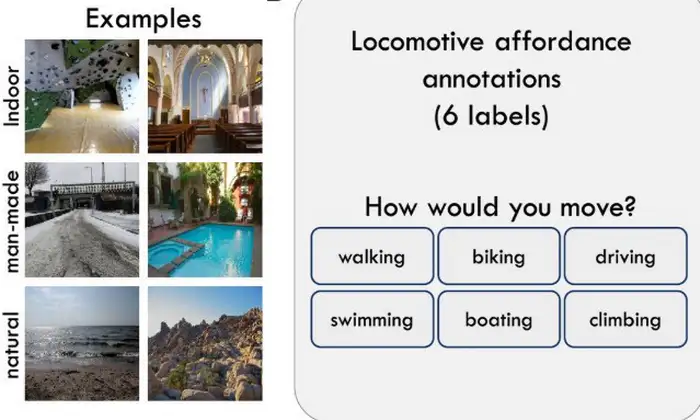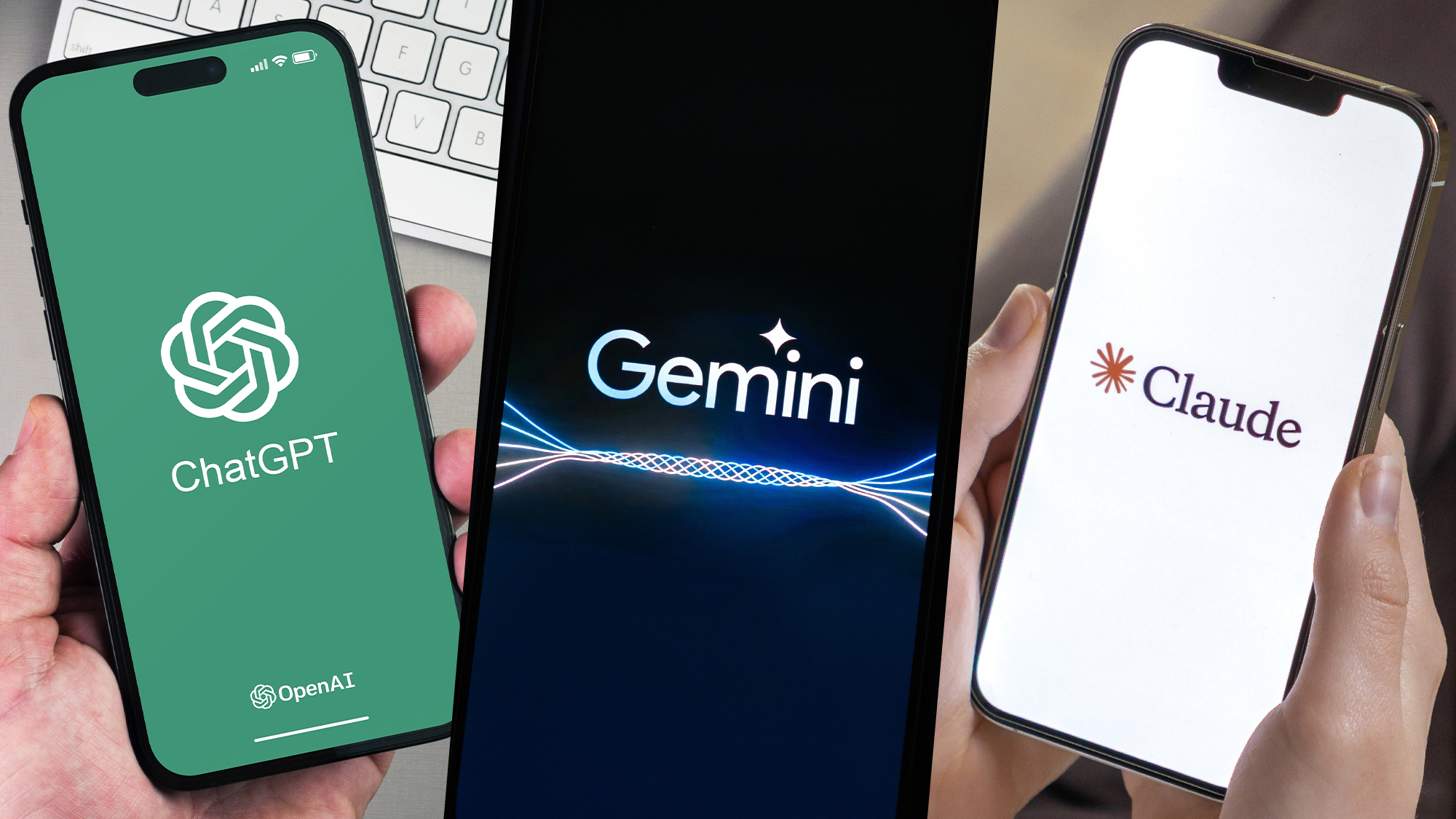
ChatGPT seems to be outpacing us at every turn. The AI chatbot is a better poet, mathematician, and coder than we are. But don’t worry, researchers at the University of Amsterdam have identified a point where AI lags behind humans and it's all to do with a simple concept our brains grapple with on a daily basis.
When you see a mountain path, a busy road or meandering river, your brain can instantly determine how to navigate it, whether that be by walking, swimming, cycling or even arriving at the conclusion it's not possible to pass.
This decision-making process is possible because of unique brain patterns. Normally, AI is pretty good at replicating human decision-making, but not in this case.
"AI models turned out to be less good at this and still have a lot to learn from the efficient human brain," said Iris Groen, a computational neuroscientist who led the study.
How human brains navigate

The team utilised MRI scanners to try to understand what happens in the brain in these navigational situations. Brain scans were taken while participants looked at various photos of both indoor and outdoor environments.
Each participant was told to use a button, indicating if the image invited them to walk, cycle, drive, swim, boat, or climb. While they were set this task, their brains were analysed.
“We wanted to know: when you look at a scene, do you mainly see what is there, such as objects or colours, or do you also automatically see what you can do with it,’ says Groen.
The answer, they found, was both. Participants' brain activity showed that they recognised both what was in the image and how to interact with it.
“Even if you do not consciously think about what you can do in an environment, your brain still registers it,” says Groen.
Why can’t AI understand environmental navigation?

The team of scientists wanted to see how well AI algorithms compared to the human brain in this test. They used image recognition models and GPT-4. In the tests, they were worse at predicting possible actions.
"When trained specifically for action recognition, they could somewhat approximate human judgments, but the human brain patterns didn’t match the models’ internal calculations," says Groen.
ChatGPT doesn’t have to cross rivers or navigate busy streets. However, as AI becomes more and more prevalent, these kinds of problems will arise more.
This didn’t just occur with standard AI models without training. Even leading AI models didn’t give exactly the same answers as humans, despite the task being so normal for us.
But why does any of this matter? ChatGPT doesn’t have to cross rivers or navigate busy streets. However, as AI becomes more and more prevalent, these kind of problems will arise more.
AI chatbots are rolling out live video and audio discussions, and AI is finding its way into other areas like self-driving cars, robotics, and healthcare.
As the technology gets more advanced, we are discovering areas where AI struggles to think in a human capacity. In other words, it struggles to interact with a world in the way it has been designed.
ChatGPT and its competitors will likely quickly work out how to navigate environments. But in the meantime, feel some pride in the fact that you are smarter than an all-knowing chatbot when it comes to navigating across a rocky hill.
As the technology gets more advanced, we are discovering areas where AI struggles to think in a human capacity. In other words, it struggles to interact with a world in the way it has been designed.
ChatGPT and its competitors will likely quickly work out how to navigate environments. But in the meantime, feel some pride in the fact that you are smarter than an all-knowing chatbot when it comes to navigating across a rocky hill.







